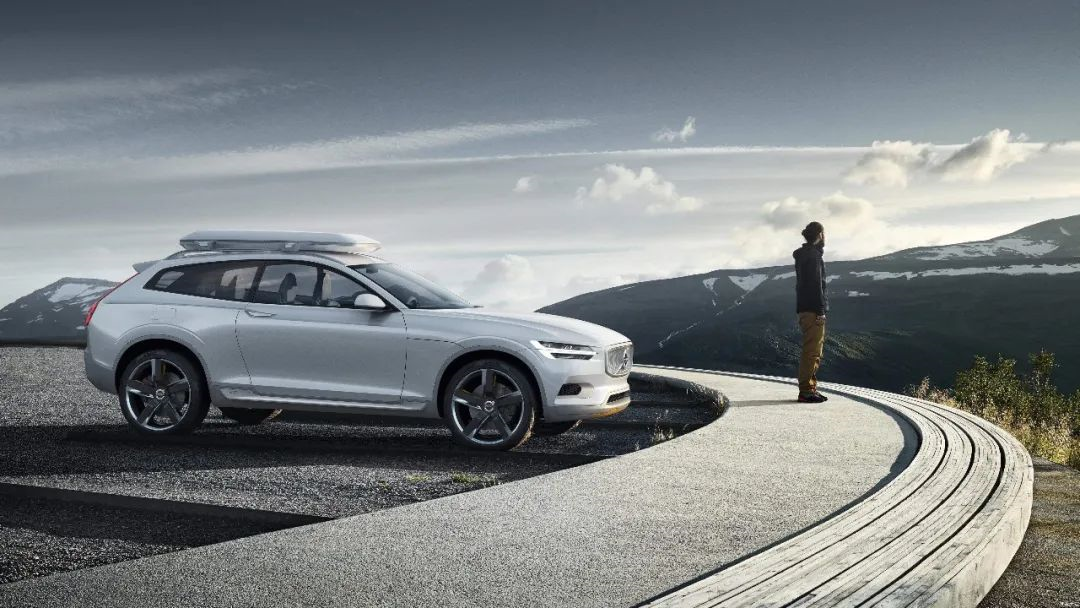Author: Michelin
After several months of shutdowns, I finally had the opportunity to go out and attend a stand-up comedy show titled “What is Your Sense of Security in 2022?” The organizer was Volvo, known for its emphasis on safety, and often mocked for “even buckling the logo seatbelt”.
Ironically, these past few months, perhaps the period when my sense of security, as well as that of many others, has been most lacking – Is there enough food in the fridge? Will I be able to leave the house tomorrow? When will home office days end? The unknown and uncontrollable future has become a source of inner anxiety.
Perhaps it is the turbulence of the first half of the year that made us realize the preciousness of a sense of security; perhaps it is the tremendous changes that are currently occurring in the automotive industry that make us truly appreciate the value of the slightly outdated promise of “safety”.
Ultimately, a sense of security is a luxury of this age, especially in our lives and even more so in the automotive sector.
Sense of Security Comes from Control of the Future
72 hours is my recent “safety redline”. When my phone shows “3 days”, it means I’m close to my redline and urgently in need of a nucleic acid test to “extend my life”. For the automotive industry today, if there is a similar “redline”, it would be the deadline for the electrification transition.
Under the wave of electrification, almost every traditional automaker has set an electrification target, aiming for full electrification by 2030. The most effective way to turn goals from pressure to motivation is to accelerate the pace of transition and become the most resolute self-revolutionary, exchanging a sense of security for control of the future.
Last year, Volvo announced that it would accelerate its electrification pace and achieve full electrification by 2025, with pure electric vehicles accounting for 50% of its product lineup, and the rest being hybrid vehicles. By 2030, it aims to become a pure electric luxury automaker. Compared to other luxury automakers, Volvo is not only determined but has also taken concrete actions – on one hand, it has expanded its product lineup of new energy vehicles, while on the other hand, it has accelerated the development of electrification technology to build a technological foundation for future products.
To achieve this goal, Volvo’s next generation of pure electric vehicles will be built on the SPA2 pure electric platform, with its intrinsic pure electric vehicle design DNA, and the interior space will be even larger. According to previously revealed information about the SPA2 pure electric platform, it can be equipped with dual motors and larger battery packs, not only improving the vehicle’s power performance but also providing further range for pure electric vehicles.In addition to focusing on pure electric platforms, Volvo is also intensifying its research and development on power batteries. In the next decade, the energy density of batteries used in Volvo products is expected to surpass the milestone of 1000 Wh/L (700Wh/kg), achieving actual range of 1000 kilometers and reducing charging time by nearly half.
To enhance the competitiveness of pure electric vehicles with the new generation of pure electric platforms and power battery technology is the key to the confidence in the electrification transformation.
Mutual sense of security
In the past year, “co-creation” and “user-centric companies” were probably the most popular terms in the automotive industry, allowing users to participate in naming, designing, and configuration selection, etc., drawing car companies closer to their users. Regarding this type of deep involvement, consumers may have different opinions, but for full lifecycle vehicle services, no one would likely refuse.
Take Volvo’s most popular “free pick-up and delivery” service as an example. In the first half of 2022, more than 100,000 owners have enjoyed this service, driving a total distance of over 2.15 million kilometers. The number of service uses and distances enjoyed by customers has increased by 88% compared to the same period in 2021. Similar services such as “lifetime component guarantee” and “24-hour protection” form the comprehensive safety services throughout the lifecycle of Volvo’s cars, bringing not only a sense of participation and fun, but also comprehensive safety services closely related to the vehicles, providing a sense of secure peace of mind.
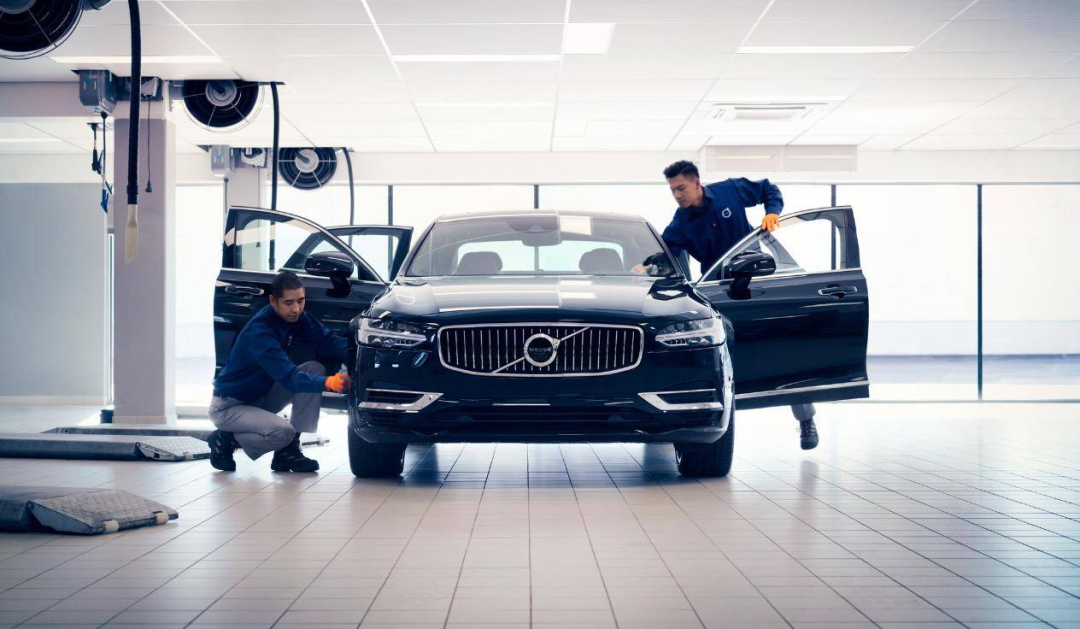
When a brand can bring users a comprehensive sense of security, users will also give back in their own way, and the most direct feedback is reflected in sales.
In the first half of this year, affected by the epidemic and the shortage of raw materials, the domestic luxury car market sold 1.265 million vehicles, a year-on-year decrease of 14%. In such a background, Volvo’s sales in June increased by 63% month-on-month, reaching 16,272 vehicles, surpassing Lexus and ranking fifth among luxury brands. In the first half of the year, XC90, XC60, S60 and other main models achieved year-on-year growth. This contrarian growth is the user’s feedback to Volvo’s sense of security.
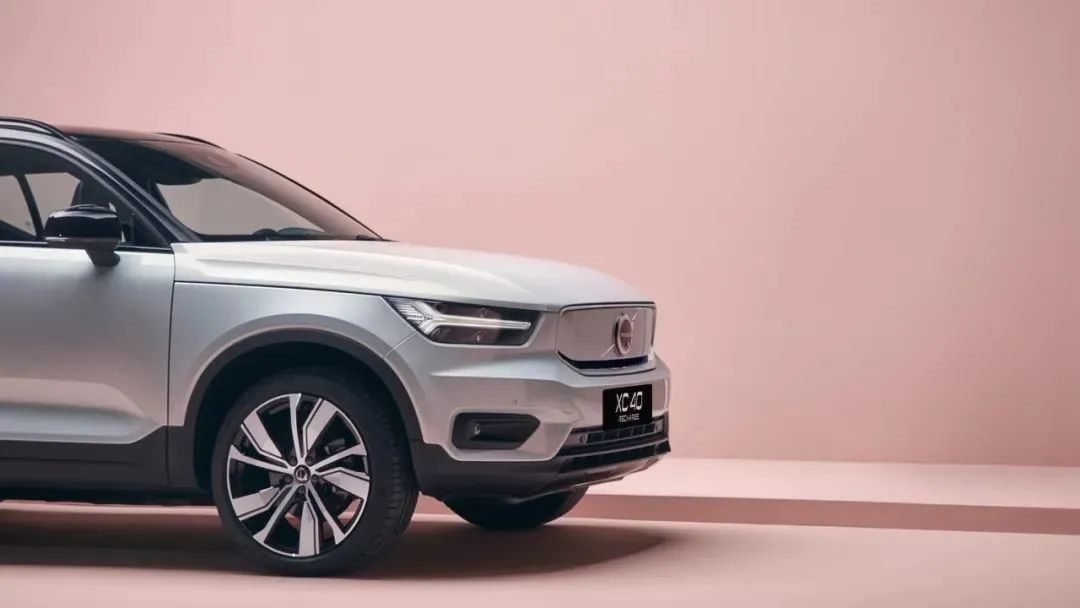
Of course, this growth is also inseparable from the transformation of sales models.
In the inherent impression, direct sales seem to be exclusive to new forces, and the dealership system is exclusive to traditional car companies. However, with the development of electric vehicles, the boundaries between the two are no longer clear, and we can see more and more direct sales stores of traditional car companies such as BBA in shopping malls.# Volvo opens a new retail model by combining direct sales stores and dealer systems
The direct sales stores with transparent pricing have brought closer distance with customers, while the system capability brought by the dealer system is a wealth accumulated by traditional auto companies. Therefore, Volvo combines these two sales models, cooperates with dealers to open city center direct sales stores, and opens a new retail model.
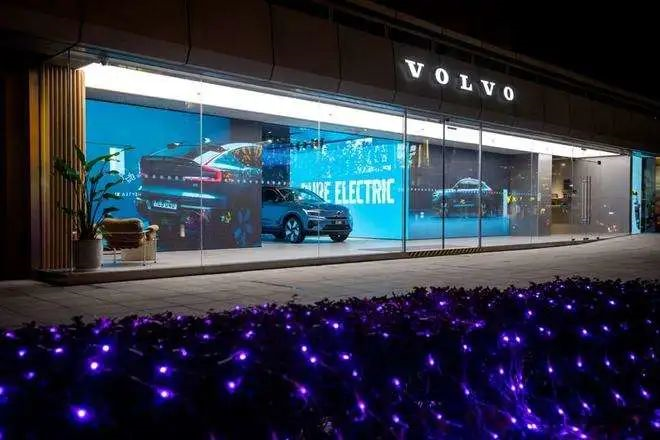
After more than two years of exploration and accumulation, Volvo has accumulated certain experience and has begun to accelerate store opening speed. It is reported that by the end of 2022, Volvo will add 25 city center stores and 1 direct sales store, and the total number of city center stores will reach 33.
Redefining “Feeling of Safety” with Innovation
When we talk about cars and safety, we often think of seat belts, airbags, and vehicle safety during collisions. With the increasing intelligence and electrification, the definition of safety is also changing. For example, after large-sized power batteries are on board, battery safety has become the most eye-catching part of electric vehicles; as more and more advanced driving assistance functions are introduced, how to better use these features to ensure safety is particularly important.
We often equate safety with conservatism, but we fail to realize that the safest way to deal with safety is through innovation. By knowing ourselves and knowing our enemies on innovative technologies, we can redefine the feeling of safety.
Autonomous driving has always been considered as radical by many people. It seems to have little connection with Volvo, which has always pursued safety. However, at the CES earlier this year, Volvo officially announced that it will launch the unsupervised highly automated driving function, RidePilot, to California users in the United States.
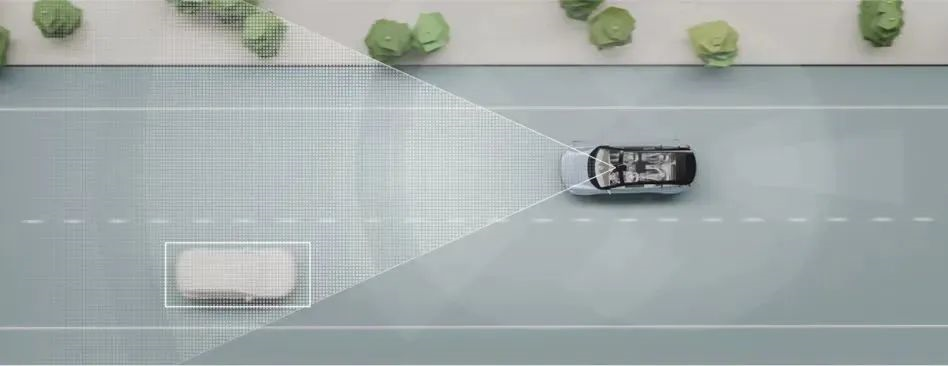
Once the RidePilot function is turned on, the driver can hand over all driving-related work to Volvo, which means that the driver can not only be freed from the heavy burden of driving, but also have more driving time to read, write, work, socialize and other activities; and the system can provide safer driving support in special road conditions.
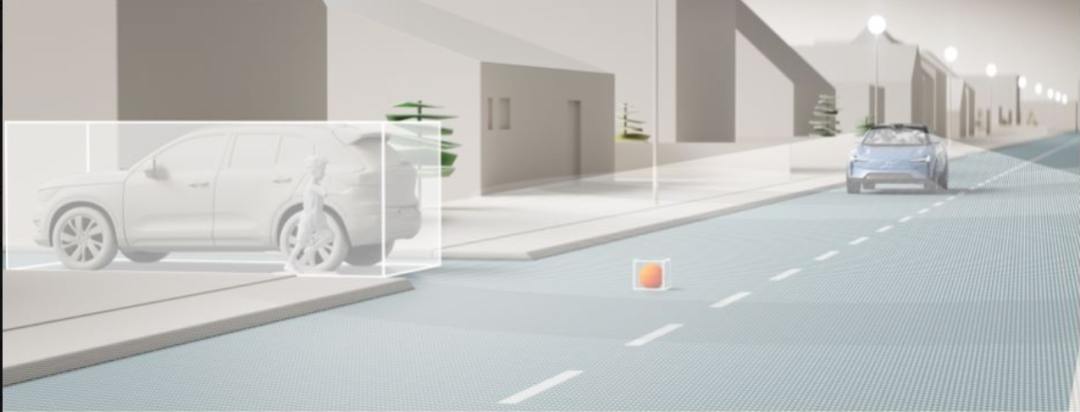
Of course, in order to achieve this function, Volvo has done a lot of work in the past years. As early as 2015, Hakan Samuelsson, President and CEO of the Volvo Car Group, promised to take legal responsibility for accidents that occur under the automatic driving assistance mode that comply with traffic regulations. It was also in the same year that Volvo worked with leading autonomous driving suppliers in the world to develop an advanced driving assistance system and has a complete in-house ADAS self-research capability.Now Volvo’s Ride Pilot feature is equipped with the Iris laser radar sensor produced by Luminar, 5 radars, 8 cameras, and 16 ultrasonic sensors in terms of hardware. The combination of multiple sensors improves the fault tolerance of the autonomous driving algorithm. At the same time, in combination with the most powerful computing platform NVIDIA DRIVE Orin chip of autonomous driving and continuous software upgrades, it provides users with a complete set of soft and hard integrated safe autonomous driving technology solutions.
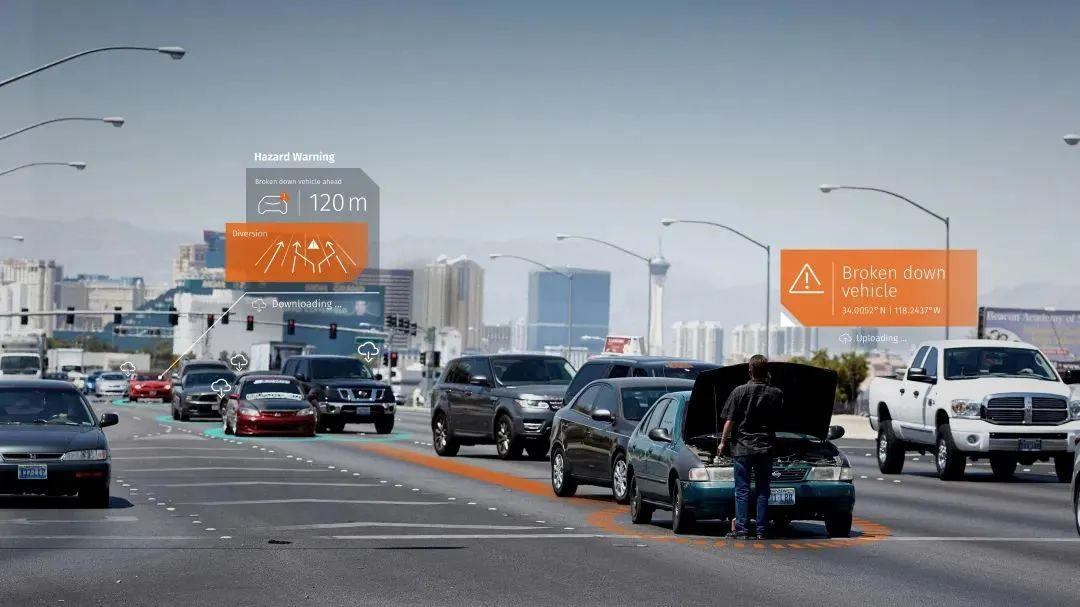
If you don’t look back at history, few people may know that the Luminar laser radar, which is now equipped on the Ride Pilot and is also used in mass-produced cars by many car companies, comes from Volvo’s investment in 2018.
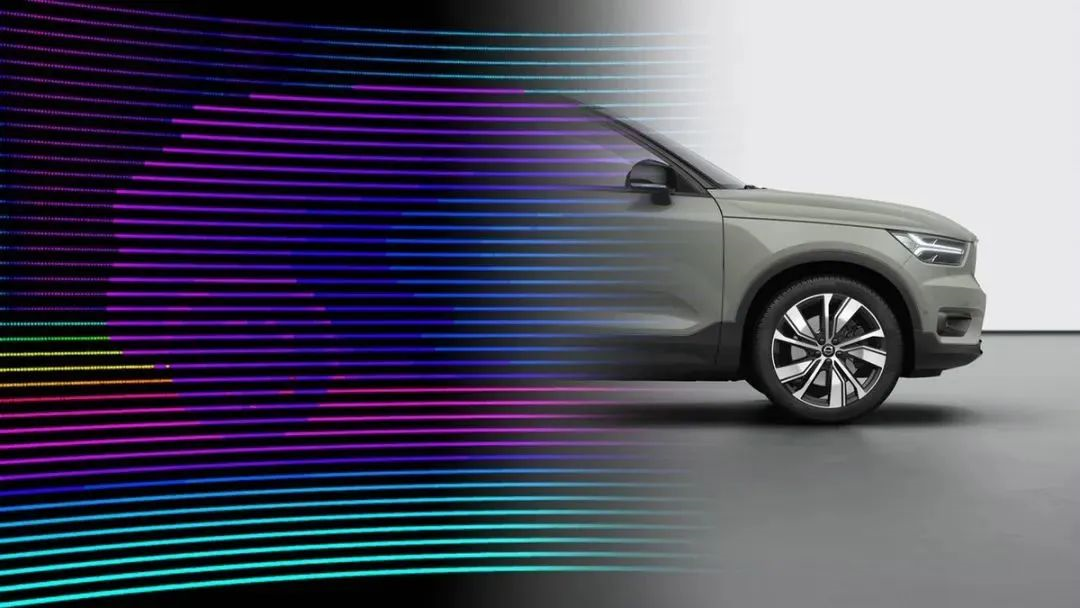
From taking responsibility for autonomous driving accidents in 2015, investing in laser radar startup Luminar in 2018, to Ride Pilot’s debut in early 2022. In terms of autonomous driving functions, Volvo is not the first, but it is definitely at the forefront of the first echelon in the beginning of autonomous driving.
In these years, repeated verification of the safety and reliability of technology has allowed innovative technology to be applied to mass-produced cars in a mature way. In the end, when these innovative technologies are pushed to the forefront, in addition to providing safety for users, this behavior itself also makes us feel safe.
Finally
In the automotive field of 2022, there seems to be no shortage of fresh concepts and aggressive functions. In contrast, emphasizing safety has been set off as “old-fashioned”. However, safety is not static. It is the attitude of caution to innovate and try to present the most reliable products to consumers.
In this stage of blindly running in intelligent cars, a sense of security is just the most precious quality.
This article is a translation by ChatGPT of a Chinese report from 42HOW. If you have any questions about it, please email bd@42how.com.
